No Results Found
The page you requested could not be found. Try refining your search, or use the navigation above to locate the post.
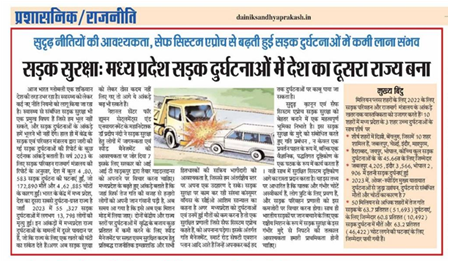

The page you requested could not be found. Try refining your search, or use the navigation above to locate the post.

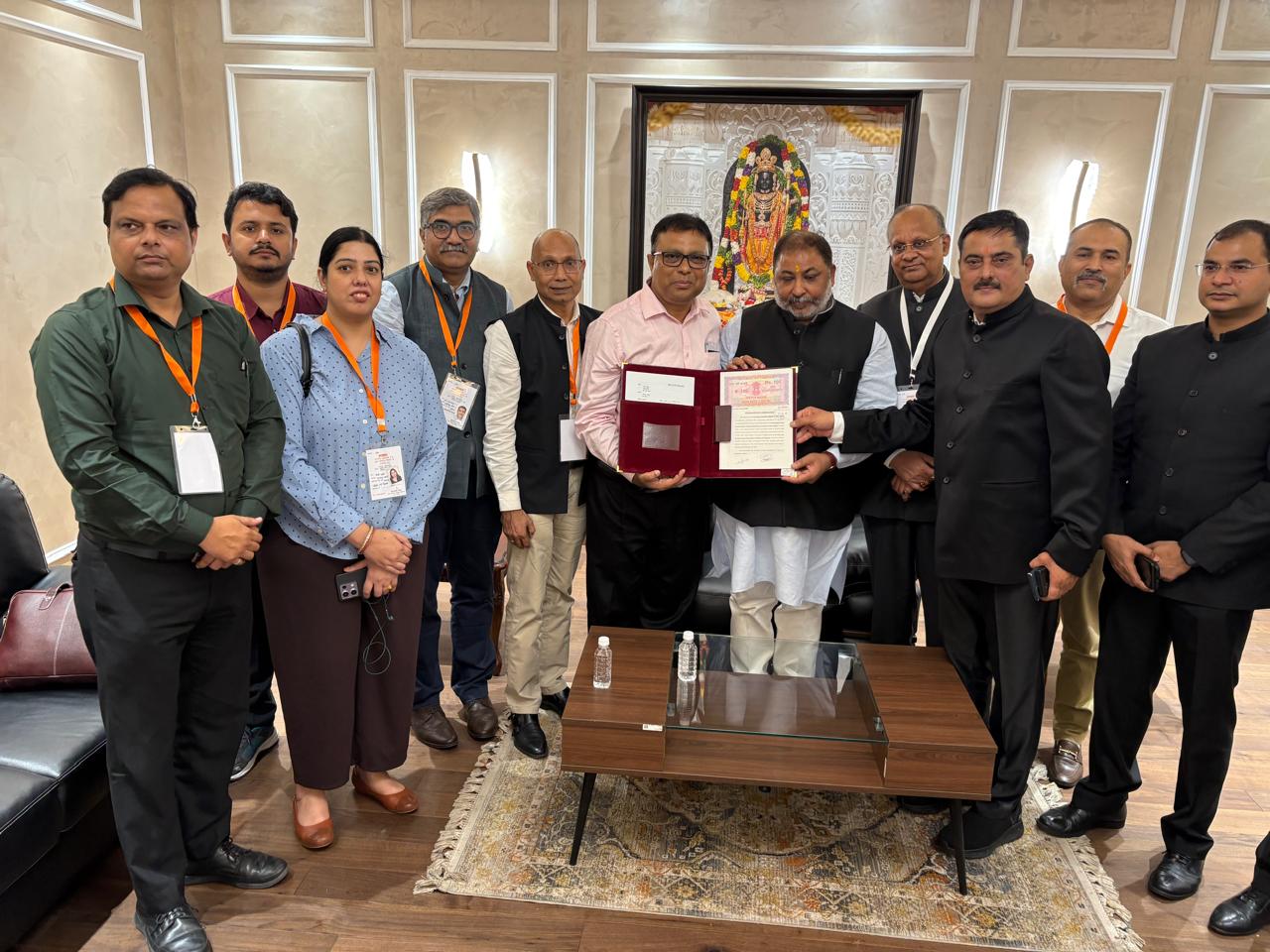
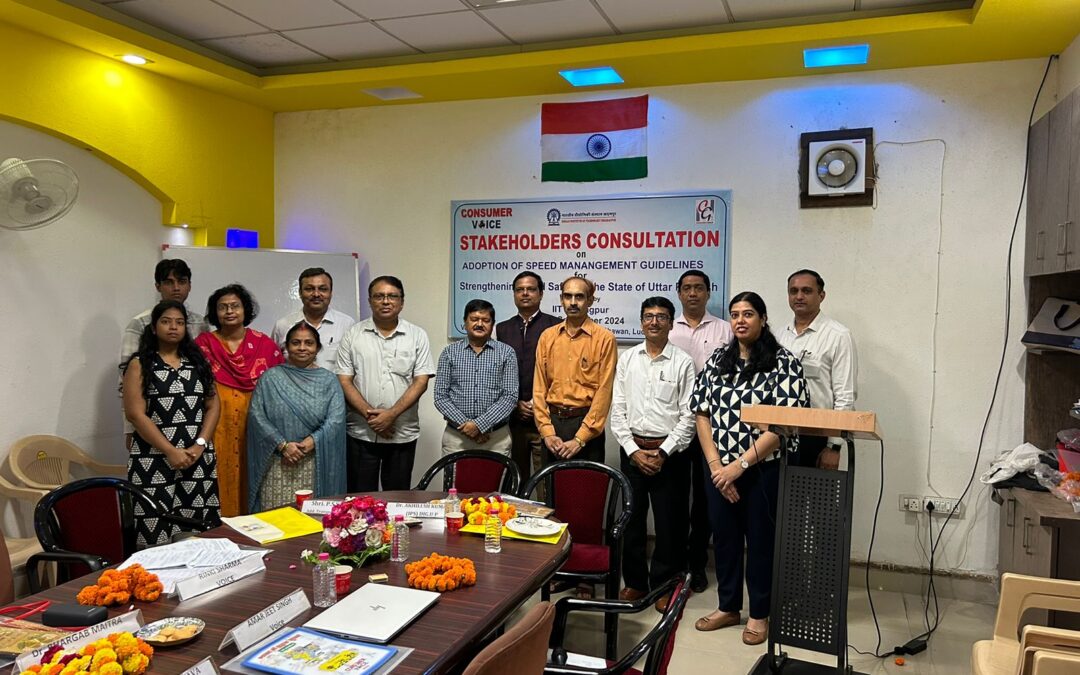
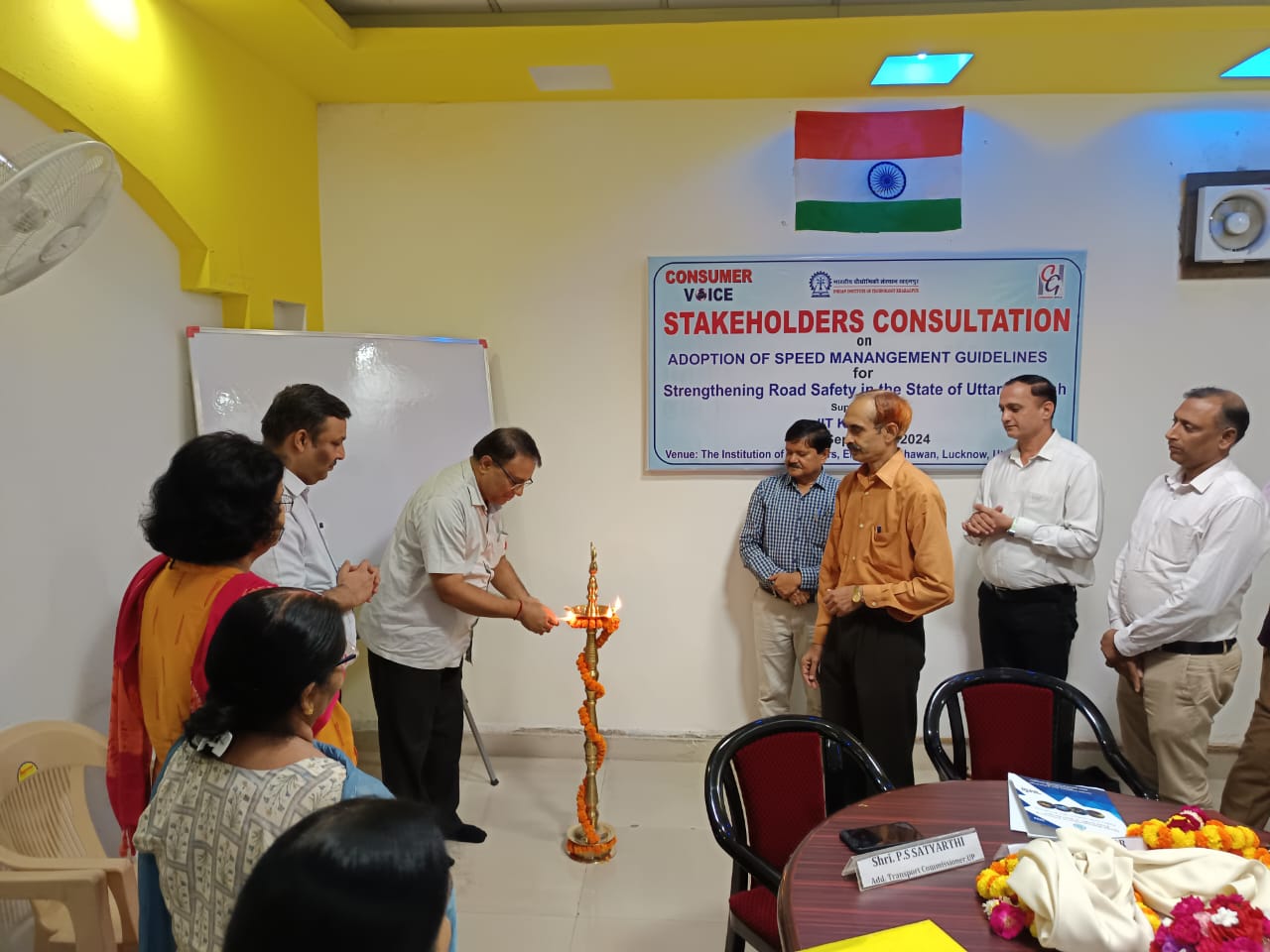
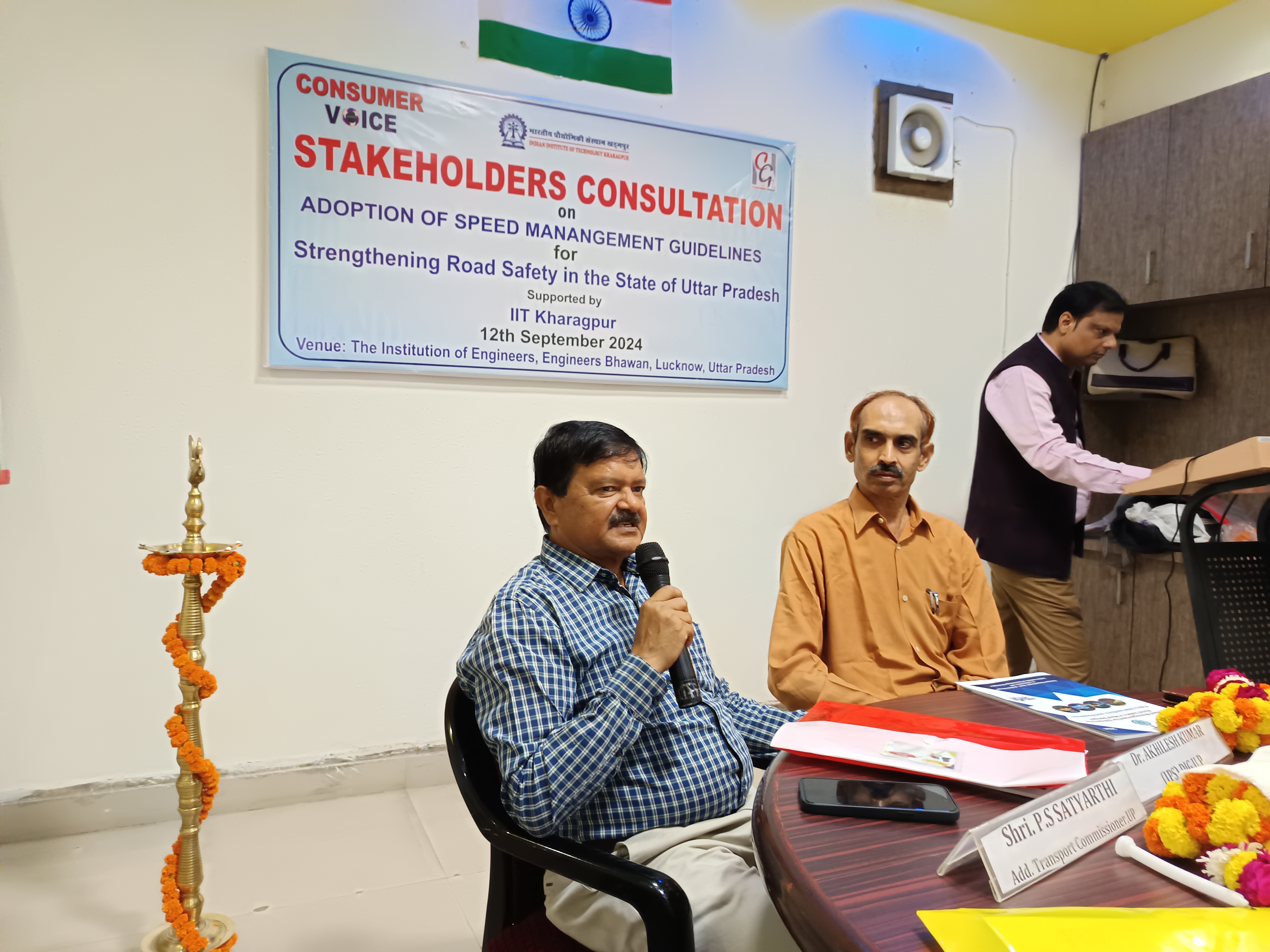
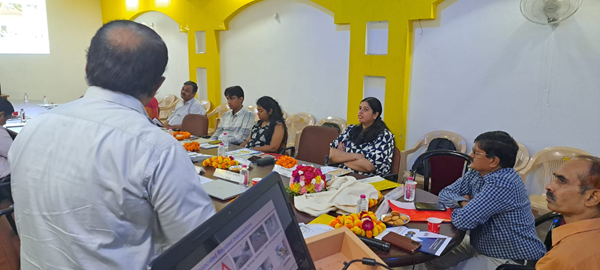
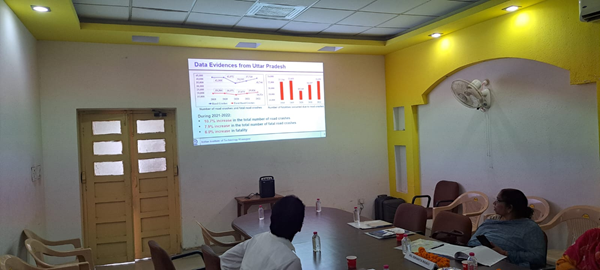
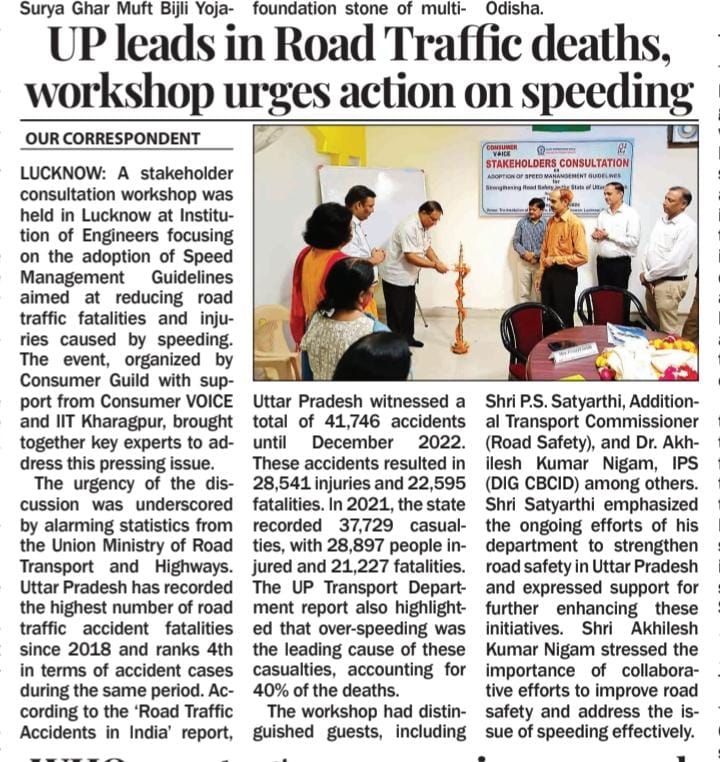
Uttar Pradesh Faces a Critical Road Safety Crisis with 16,607 Speeding-Related Incidents and 9,297 Fatalities in 2022, Highlighting the Need for Immediate Action Uttar Pradesh is facing a critical road safety crisis, with road accidents and fatalities on the rise….
A stakeholders’ consultation was organised on September 12, 2024, in Lucknow, Uttar Pradesh, by Consumers Guild with support from Consumer VOICE and IIT Kharagpur. The workshop focused on addressing road traffic injuries and fatalities caused by overspeeding and…
In an important development in road safety, the UP government has signed an MoU with IIT Kharagpur and will take a scientific approach to reducing road crashes and deaths. The MoU was formalized at the UP state transport conference in front of Chief Minister Yogi…
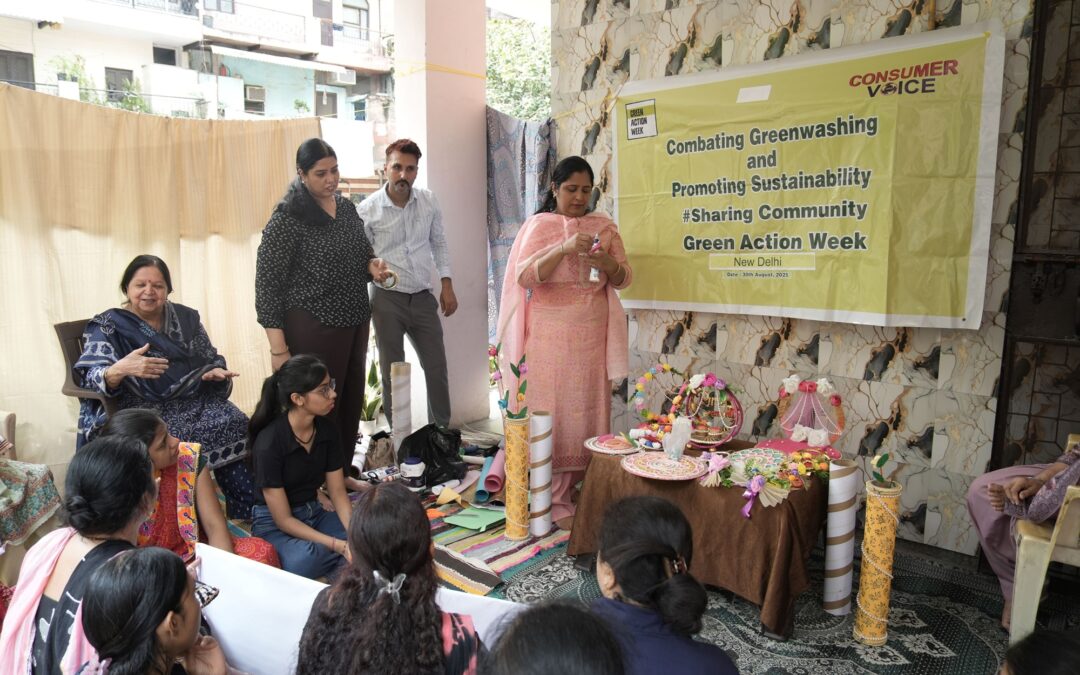
On 30th August 2025, as part of Green Action Week, Consumer VOICE conducted an inspiring and engaging workshop at Sanjay Enclave, Delhi, aimed at empowering women through awareness of sustainability, greenwashing, and creative recycling of waste materials.
The session was opened by Rinki Sharma, Lead – Projects, at Consumer VOICE, who set the tone with a powerful introduction to the topic. She explained the importance of adopting sustainable habits in daily life , about greenwashing activities, how to check labels, etc and coordinated the day’s activities, keeping participants engaged and informed.
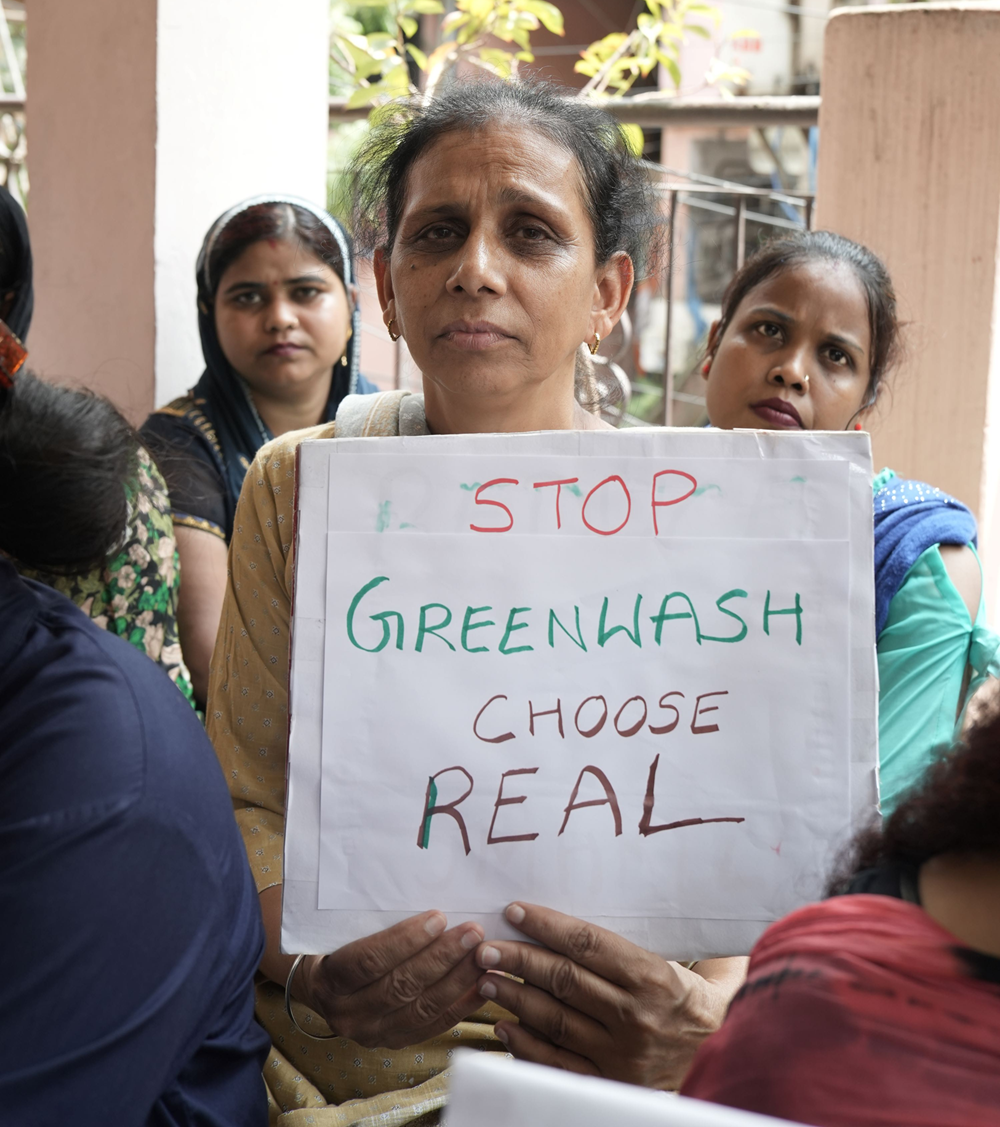
A key highlight was an insightful demonstration by Sheetal Chabbra, an expert in sustainable art and design. She showed how to turn old or discarded materials into beautiful and useful items, such as household decor and utility crafts. Additionally, she discussed how these practices could develop into income-generating opportunities for women, especially through community-based micro-enterprises.
Beena Sharma, an educationist and community advocate, further enriched the discussion by encouraging women to actively participate. She talked about traditional practices and cultural wisdom that emphasize reusing resources—from the kitchen to the farm—to reduce waste and promote sustainability. Her practical examples helped women connect sustainability to their daily lives.
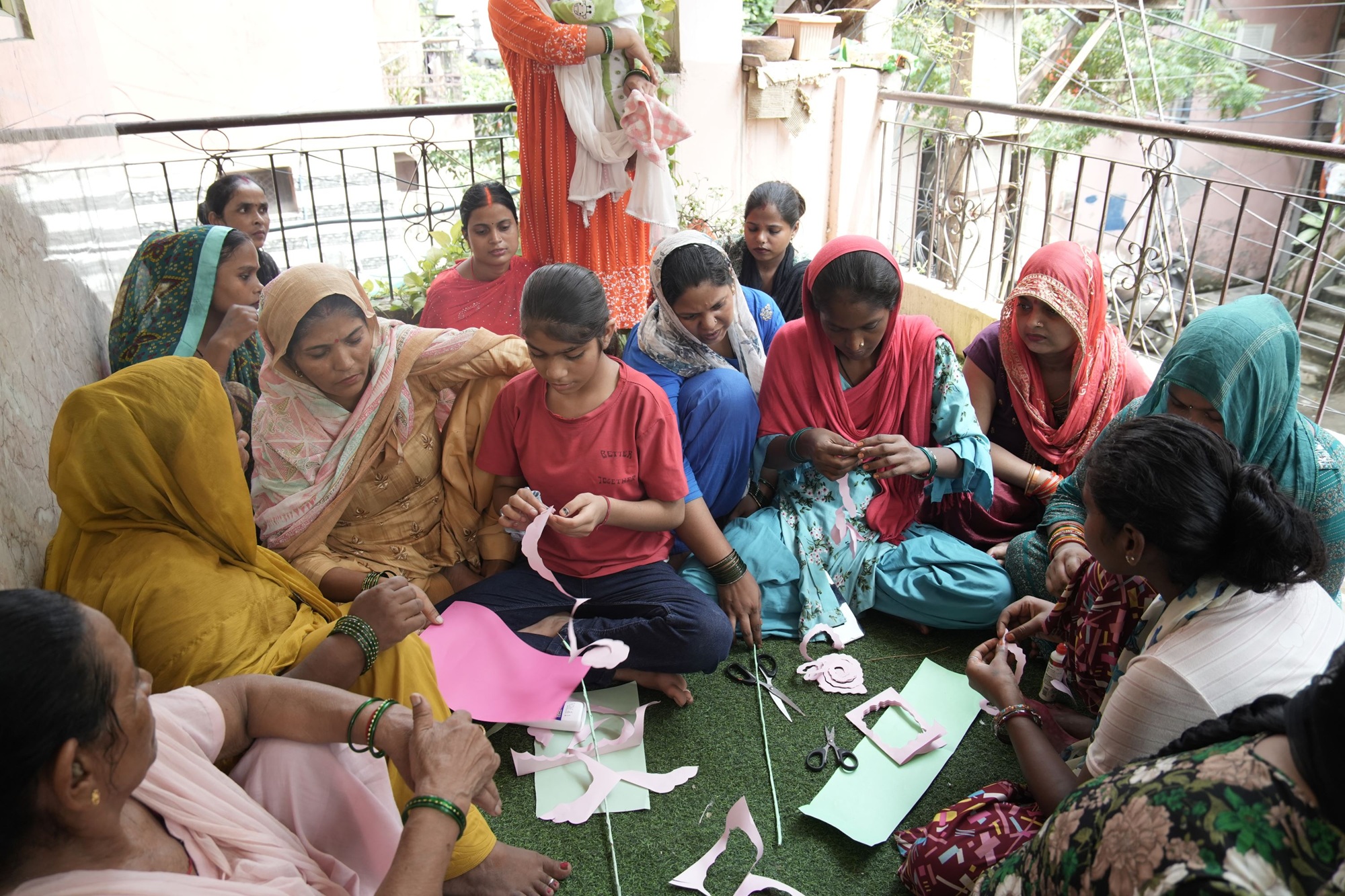
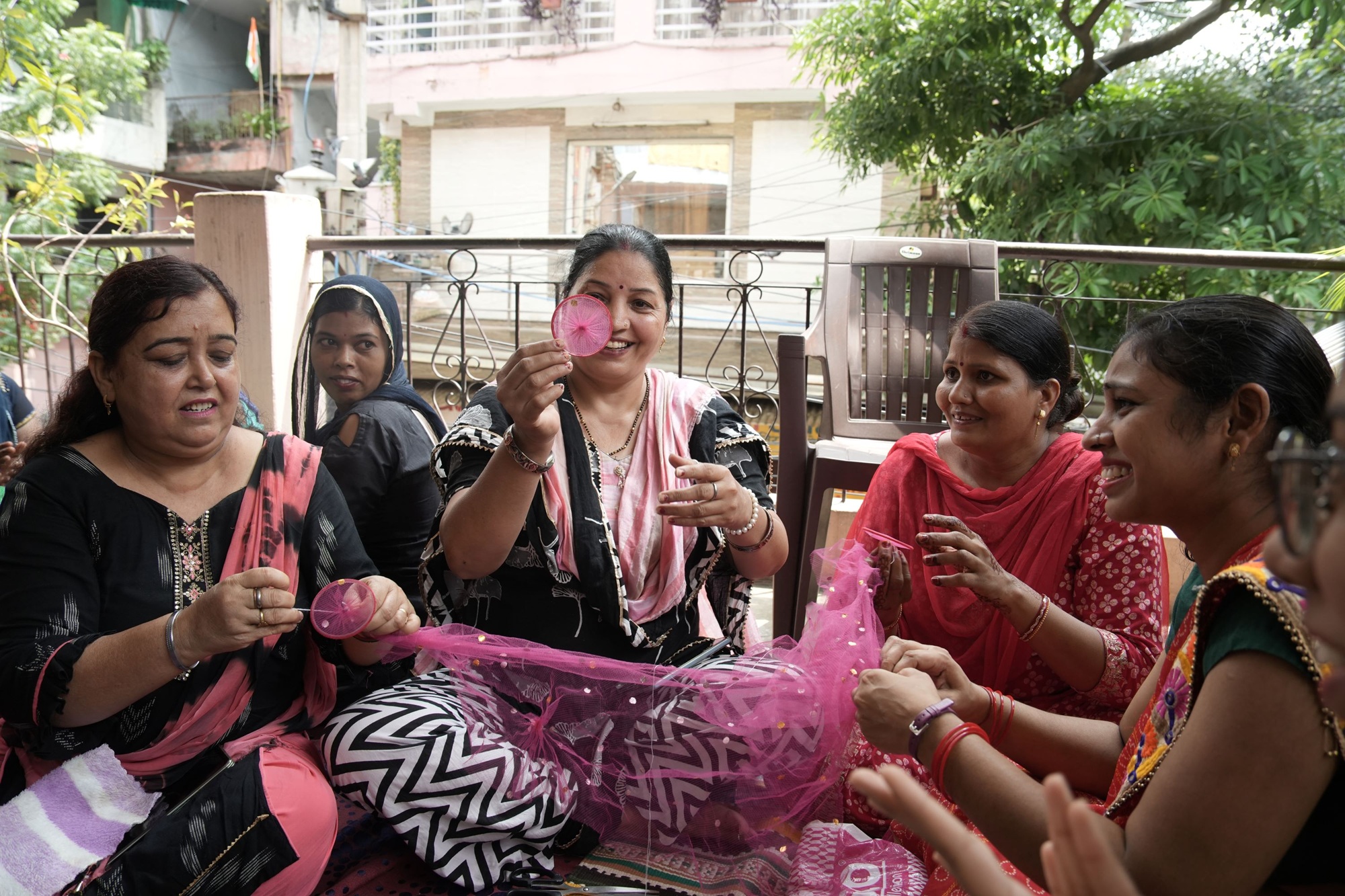
In the hands-on part of the workshop, women were divided into groups and guided to transform waste materials—such as old clothes, paper scraps, broomsticks, and holders—into Lippan art, floral crafts, and wall hangings. These activities showcased the potential of creative reuse and fostered teamwork, a sense of shared purpose, and the Sharing Community spirit.
As a practical step toward change, small green cloth bags were given to all participants to encourage them to avoid single-use plastic bags and make eco-friendly choices in their shopping routines.
Throughout the session, participants remained enthusiastic and involved, exchanging ideas and supporting each other. The event highlighted how simple, everyday actions, when taken together, can lead to meaningful environmental change.
The workshop served as a powerful reminder that sustainability begins at home and that women can play a leading role in creating a greener, more responsible future—one creative step at a time.